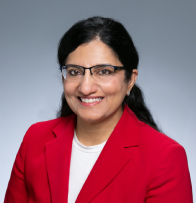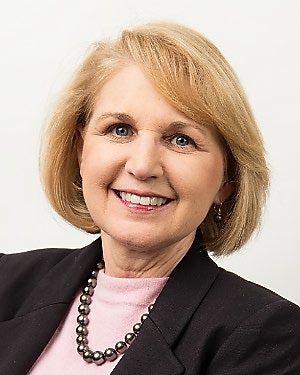
Heart disease and cancer are among the leading causes of death in the United States, and they share several common risk factors. Advances in treatment have led to improved survival outcomes in patients with cancer who have increased morbidity and mortality due to potential cardiotoxic treatment side effects. As such, it is critical to identify at-risk patients for cardiac complications early in the treatment process.
We have developed and recently published a cardio-oncology risk assessment algorithm for patients with breast cancer who will receive targeted therapy for HER2-positive disease.1 The algorithm includes a detailed assessment of the patient’s clinical history to determine cardiovascular risk factors (and risk factor modification measures) as well as routine baseline assessment of left ventricular ejection fraction and regular monitoring during treatment in appropriate patients. Our algorithm will help guide oncologists in referring high-risk patients for detailed cardiovascular risk assessments before initiating therapies with the potential for cardiotoxicity.
In addition to a generalized algorithm for cardiovascular risk assessment, several other algorithms and guidelines are also being developed at Northside Hospital. A cardio-oncology task force is now available representing cardio-oncologists, oncologists, gynecologic oncology surgeons, mid-level practitioners, administrators, pharmacists, cardiac technicians and many other valuable team members. Our goal is to provide standardized, evidence-based cardio-oncology care, facilitate cancer treatment and minimize cardiotoxicity during cancer treatment, as well as cardiovascular risks in cancer survivors.
The Cardio-Oncology Program at Northside Hospital aims to provide cardiology support during the different phases of oncology treatment, which includes but is not limited to:
- Pretreatment: identification of patients at high risk for cardiotoxicity
- Implementing preventative measures
- During treatment: early detection of cardiovascular toxicity
- Early treatment of various cardiovascular complications of cancer therapy
- Follow-up through survivorship and treatment of high-risk patients: post-radiation therapy and anthracycline-based chemotherapy
These algorithms are designed for specific classes of oncology drugs, such as small-molecule tyrosine kinase inhibitors, vascular endothelial growth factor inhibitors, monoclonal antibodies, radiation, etc. Through increased awareness, vigilant monitoring and multidisciplinary team involvement, optimal cardio-oncology support can be provided to cancer patients receiving potentially cardiotoxic drugs.
Learn more about the Cardio-Oncology Program at Northside.
Reference:
- Medepalli, L. C., et al. 2020. Cardiology Research and Cardiovascular Medicine 5: 1–4.


